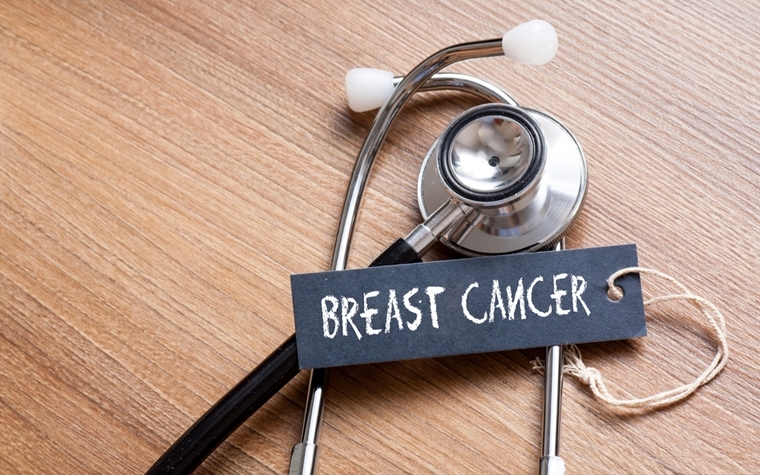
Patients suffering from triple negative breast cancer, a treatment-resistant form of the disease, have a new option in pembrolizumab, a drug manufactured by Merck that was previously FDA-authorized for other malignancies.
Researchers presented findings at the American Society of Clinical Oncology’s annual meeting in Chicago of a Phase 2 clinical trial conducted at New York University’s Perlmutter Cancer Center that showed pembrolizumab (trade named Keytruda) reduced tumor size by 30 percent and stalled the disease in 21 percent of the 170 subjects, NYU’s Lagone Medical Center said in a release.
The release said triple negative breast cancer is particularly dangerous because it is impervious to treatment with hormones. However, the research indicated Keytruda, an immunotherapy drug, was equally effective in patients who have tried other remedies as well as those receiving anti-cancer drugs for the first time.
Lead researcher Sylvia Adams of the Perlmutter Cancer Center said the findings confirm the efficacy of pembrolizumab in triple-negative breast cancer
“This research contributes to a larger body of knowledge that could help provide better outcomes to women with few treatment options,” Adams said in the release. “The data also suggest that immunotherapy administered earlier in the disease course is more beneficial, as response rates are much greater in first- compared to second- or later lines of therapy.”